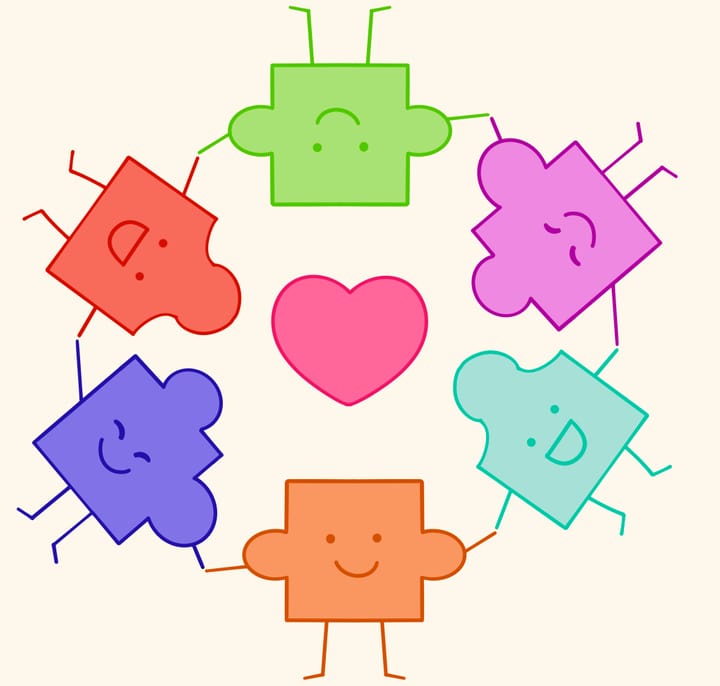Twitter can be frustrating but remains necessary

Less than a month after Elon Musk took control of Twitter, the platform appears to be nearing total collapse.
Twitter’s most important workers have either resigned or been fired, including those in charge of cybersecurity, privacy and legal compliance. Musk’s move to lay off hundreds of content moderation contractors may be the final nail in the coffin. Without humans cleaning up the platform, advertisers’ faith in Twitter will go from shaky to nonexistent.
Users have responded to these developments with nihilism, irony and shenanigans. For a platform that has come to embody political polarization, culture wars and “the discourse,” it seems poetic that it would collapse with such drama. And users are hurrying its fate, abusing the now-paused $8 checkmarks to impersonate Lockheed Martin, Nestlé and Musk himself.
I’ve enjoyed watching this trainwreck as much as the next guy. However, I can’t quite cheer for Twitter’s demise. Unfortunately, I’ve become quite attached to it over the years.
As many have observed, there’s no major social media platform quite like Twitter. Instagram is basically Facebook, TikTok is a dystopian opiate, and Snapchat is just an inconvenient, less-personal form of texting. Twitter offers something else: a mostly-textual medium where posting is both addictive and frictionless.
As author Lilly Dancyger recently tweeted, “I don’t want to post beautiful photos or collect myself enough to record videos of my face…I want to scrape the foam off the top of my brain several times a day and fling it somewhere.”
Beyond shouting every thought into the abyss, there are genuine uses for Twitter. Following academic leaders in your field and seeing them interact with others is an underrated opportunity presented by the platform. “Experts” will regularly share their work, react to news and engage with other scholars in public for all the world to see.
For better or for worse, Twitter is also where most journalists are. For me, following local reporters is essential for keeping up with South Dakota news.
The implications of Twitter’s death would extend beyond its utility for me. Twitter lawyers have repeatedly stood up for its users’ privacy, anonymity and free speech rights. This summer, Twitter sued the Indian government after it demanded the removal of accounts criticizing the Modi regime.
The platform is also relatively transparent — scraping public Twitter data is common in introductory computer science classes.
Twitter is a horrible place that gives me a new thing to worry about each day. It epitomizes the neurotic, existential angst that makes chronically-online people insufferable. But if Musk runs it into the ground, I’ll be more than a little sad.



